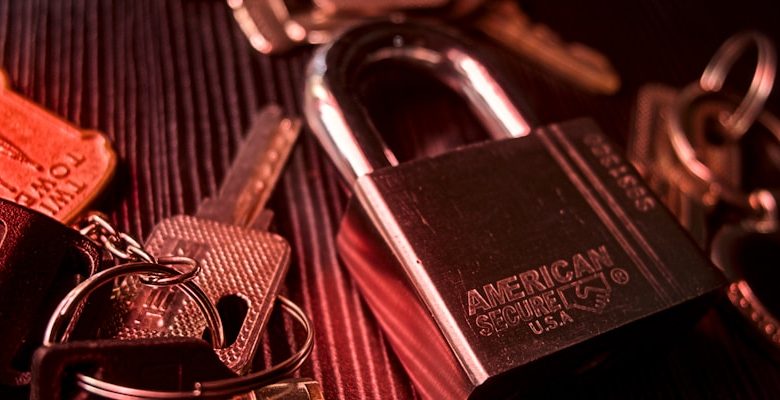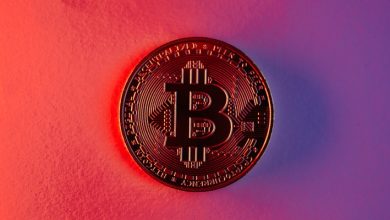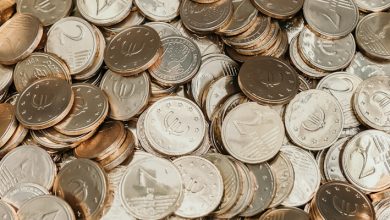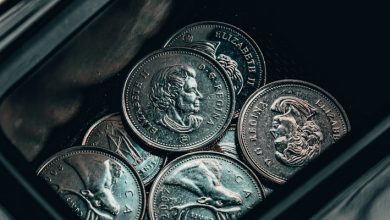How to Secure Your Crypto Assets: Best Practices for Safety

- Understanding the risks of storing crypto assets
- Choosing the right wallet for your needs
- Implementing strong password and authentication measures
- Backing up your private keys and recovery phrases
- Utilizing hardware wallets for added security
- Staying informed about potential security threats
Understanding the risks of storing crypto assets
When storing your crypto assets, it is crucial to understand the risks involved to ensure their safety. One of the main risks is the potential for hacking and theft, as cryptocurrencies are a prime target for cybercriminals due to their digital nature and lack of centralized regulation. Additionally, the loss of access to your wallet or private keys can result in permanent loss of your assets, as there is no way to recover them without this information.
Choosing the right wallet for your needs
When it comes to securing your crypto assets, choosing the right wallet is crucial. There are different types of wallets available, each with its own set of features and security measures. It’s important to consider your specific needs and preferences when selecting a wallet to ensure that your assets are safe and easily accessible.
Hardware wallets are considered to be one of the most secure options for storing crypto assets. These wallets store your private keys offline, making them less vulnerable to hacking or cyber attacks. While they may come at a higher cost compared to other types of wallets, the extra security they provide is worth the investment.
On the other hand, software wallets are a more convenient option for those who frequently trade or use their crypto assets. These wallets are typically easier to use and can be accessed from any device with an internet connection. However, they are more susceptible to online threats, so it’s important to choose a reputable provider with a strong track record of security.
When choosing a wallet, consider factors such as the level of security, ease of use, and compatibility with the cryptocurrencies you plan to store. It’s also a good idea to research and read reviews from other users to get a better understanding of the pros and cons of each wallet option.
Ultimately, the right wallet for you will depend on your individual needs and preferences. Whether you opt for a hardware wallet for maximum security or a software wallet for convenience, make sure to take the time to choose a wallet that aligns with your goals for securing your crypto assets.
Implementing strong password and authentication measures
To enhance the security of your crypto assets, it is crucial to implement strong password and authentication measures. One of the most effective ways to do this is by using a unique and complex password for each of your accounts. Avoid using easily guessable passwords such as “123456” or “password”. Instead, create passwords that are a combination of letters, numbers, and special characters.
Furthermore, consider enabling two-factor authentication (2FA) for an extra layer of security. 2FA requires you to provide two different authentication factors to verify your identity before gaining access to your account. This can include something you know (like a password) and something you have (like a mobile device).
Regularly updating your passwords and using a password manager can also help keep your accounts secure. A password manager can generate strong and unique passwords for each of your accounts and securely store them for easy access. Additionally, be cautious of phishing attempts and only enter your login credentials on trusted websites.
By implementing these strong password and authentication measures, you can significantly reduce the risk of unauthorized access to your crypto assets and protect your investments from potential security threats. Remember, the security of your assets is in your hands, so take the necessary precautions to safeguard them effectively.
Backing up your private keys and recovery phrases
Backing up your private keys and recovery phrases is crucial when it comes to securing your crypto assets. These unique keys and phrases are the only way to access and control your digital currency, so it’s essential to keep them safe and secure.
One of the best ways to back up your private keys and recovery phrases is by storing them offline in a secure location. This could be a safe deposit box, a fireproof safe, or even a secure USB drive. By keeping them offline, you reduce the risk of them being hacked or stolen by cybercriminals.
It’s also a good idea to make multiple copies of your private keys and recovery phrases. This way, if one copy is lost or damaged, you have backups to fall back on. Just be sure to store these copies in separate, secure locations to further minimize the risk of loss or theft.
When creating backups of your private keys and recovery phrases, it’s important to use encryption to protect them from unauthorized access. You can use tools like password managers or encryption software to add an extra layer of security to your backups.
Remember, losing your private keys or recovery phrases can mean losing access to your crypto assets forever. By taking the time to back them up properly, you can safeguard your investments and have peace of mind knowing that your digital currency is secure.
Utilizing hardware wallets for added security
One of the most effective ways to enhance the security of your cryptocurrency assets is by utilizing hardware wallets. These physical devices provide an extra layer of protection by storing your private keys offline, making them inaccessible to hackers. By keeping your keys offline, you significantly reduce the risk of unauthorized access to your funds.
Hardware wallets come in various forms, from USB devices to smart cards, each offering different levels of security and convenience. Some popular hardware wallets include Ledger Nano S, Trezor, and KeepKey. These devices are designed to securely store your keys and sign transactions offline, ensuring that your funds remain safe from online threats.
When using a hardware wallet, it is essential to set up a strong PIN code and backup your recovery seed phrase in a secure location. This seed phrase is crucial for recovering your funds in case your hardware wallet is lost or damaged. It is recommended to keep multiple copies of your seed phrase in separate, secure locations to prevent the risk of losing access to your funds.
By incorporating a hardware wallet into your cryptocurrency security strategy, you can significantly reduce the risk of theft and unauthorized access to your funds. These devices offer a convenient and secure way to store your keys offline, providing peace of mind knowing that your assets are protected from potential threats.
Staying informed about potential security threats
It is crucial to stay informed about possible security risks when it comes to safeguarding your cryptocurrency assets. By staying up to date on potential threats, you can take proactive measures to protect your investments. Here are some tips to help you stay informed:
- Regularly check reputable sources for news and updates on security threats in the cryptocurrency space.
- Follow security experts and influencers in the industry on social media platforms to stay informed about the latest developments.
- Join online forums and communities dedicated to cryptocurrency security to discuss and share information about potential risks.
- Sign up for security alerts and notifications from your cryptocurrency exchange or wallet provider to receive real-time updates on any security issues.
By staying informed and proactive, you can reduce the risk of falling victim to security threats and keep your crypto assets safe and secure.



